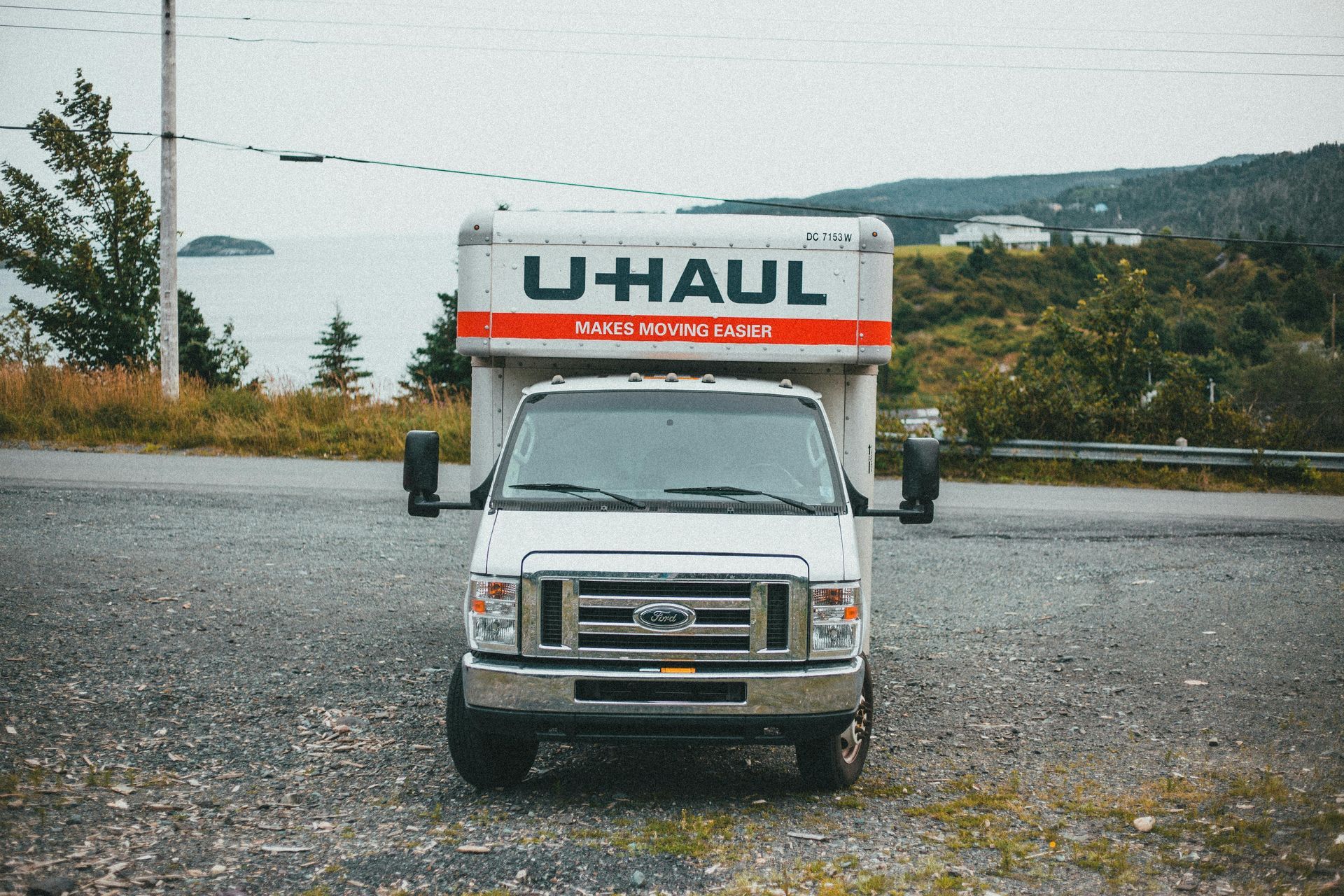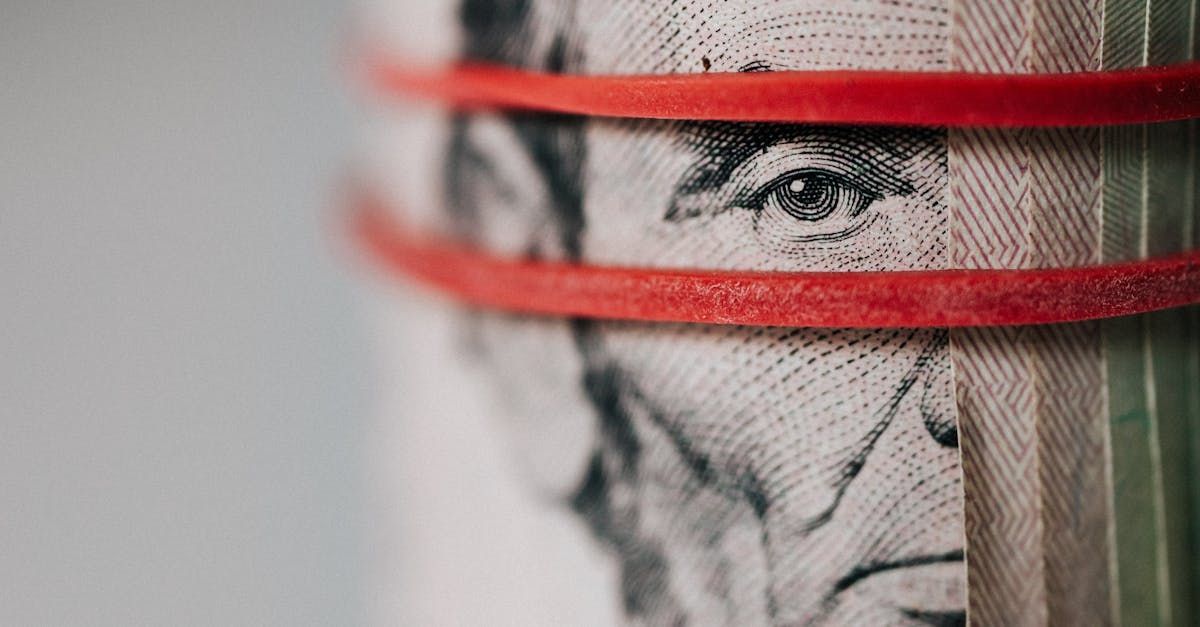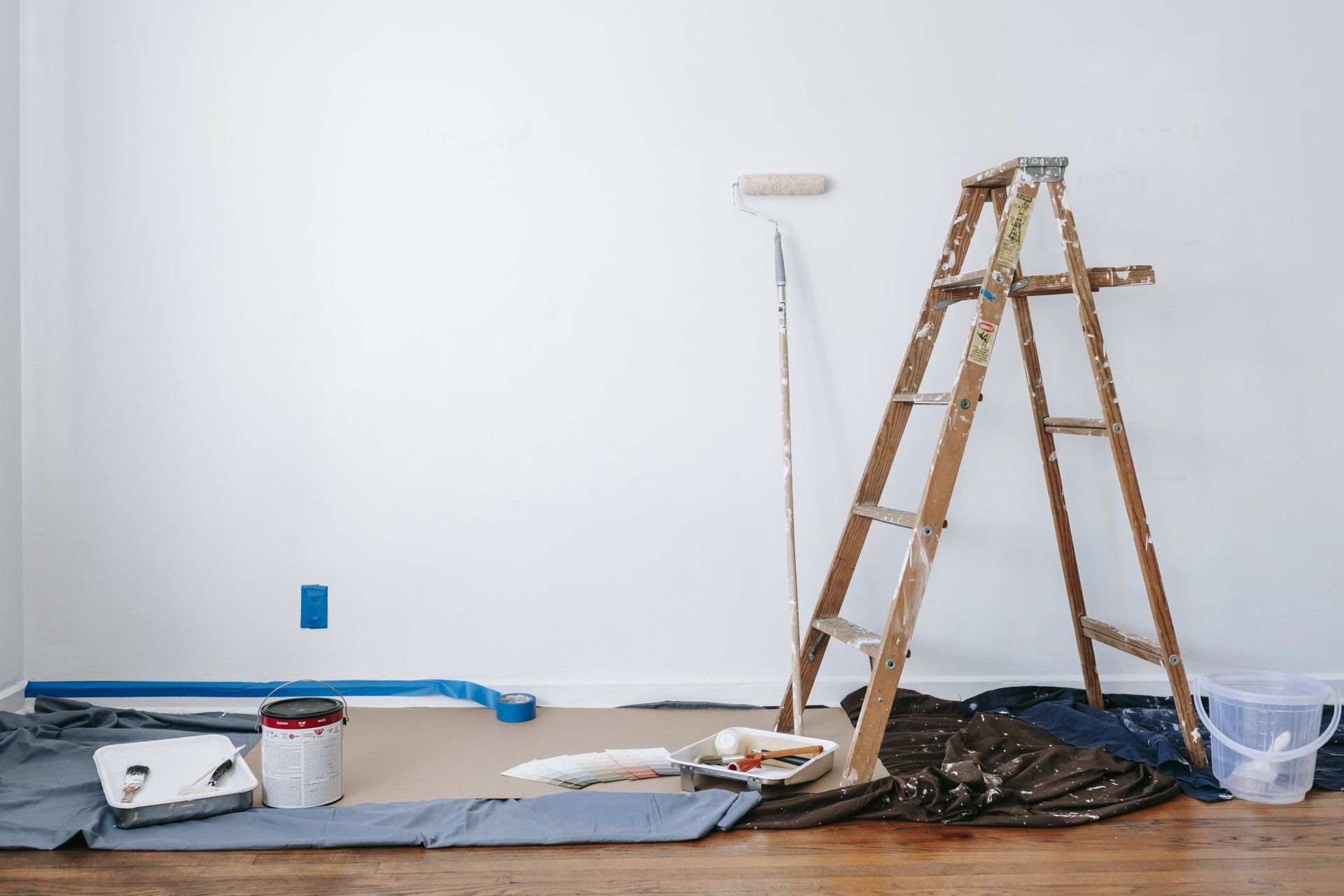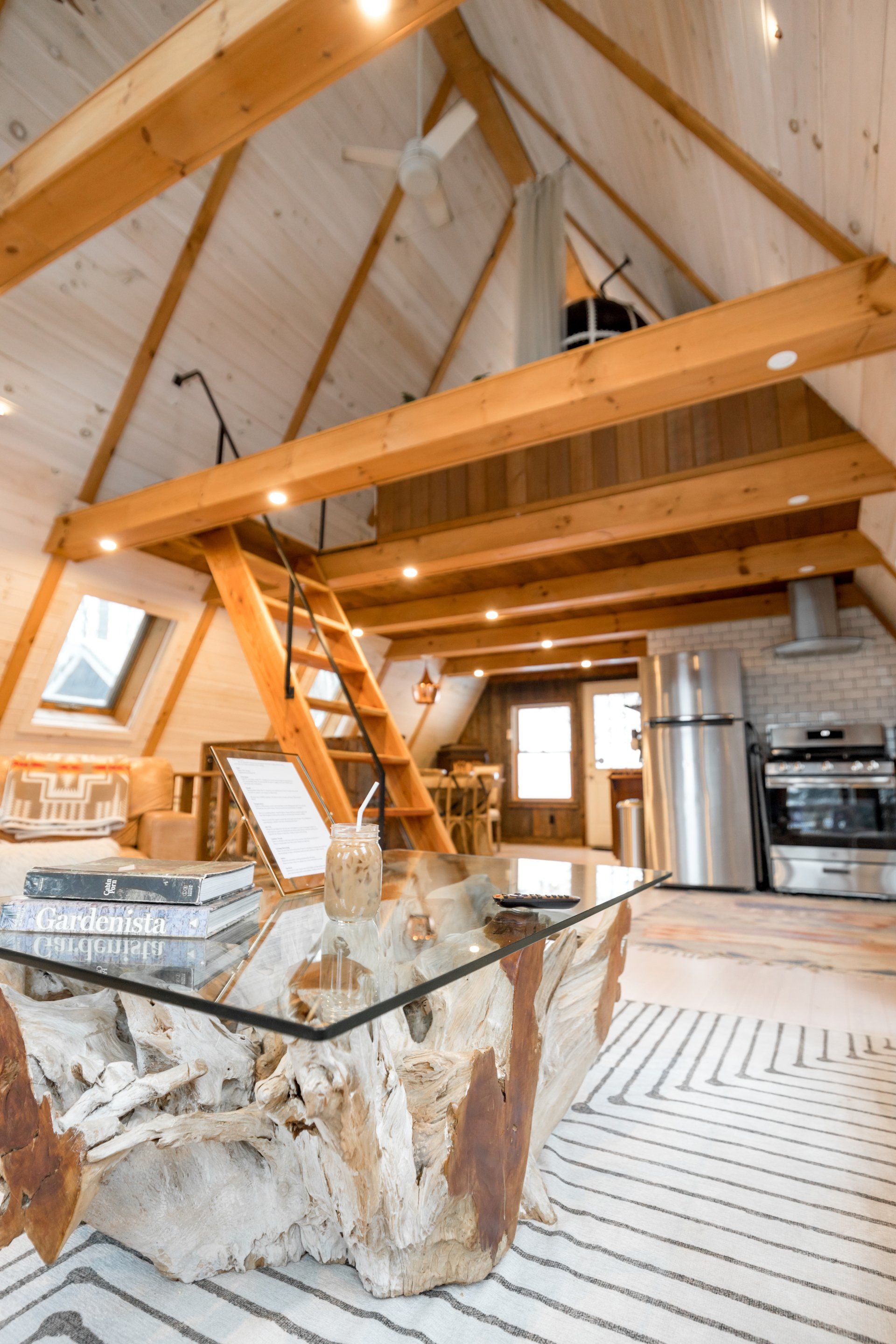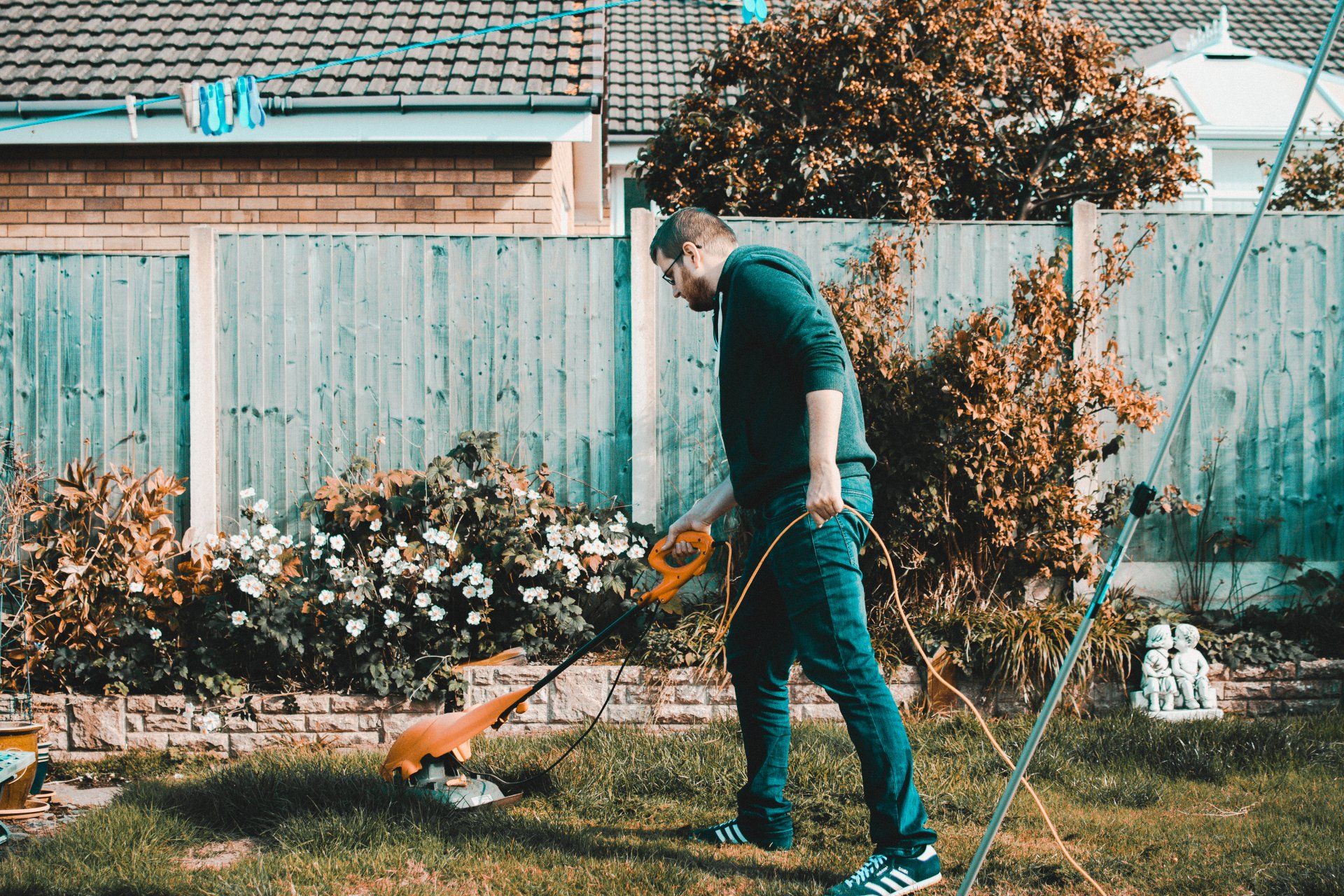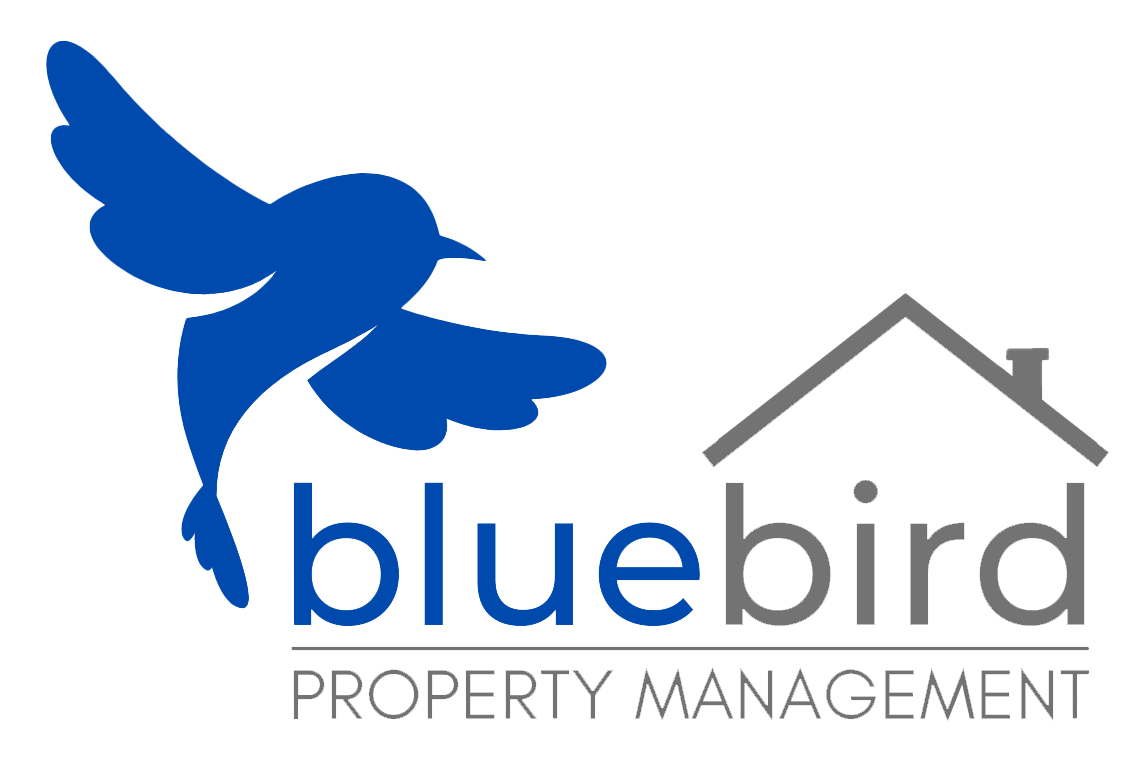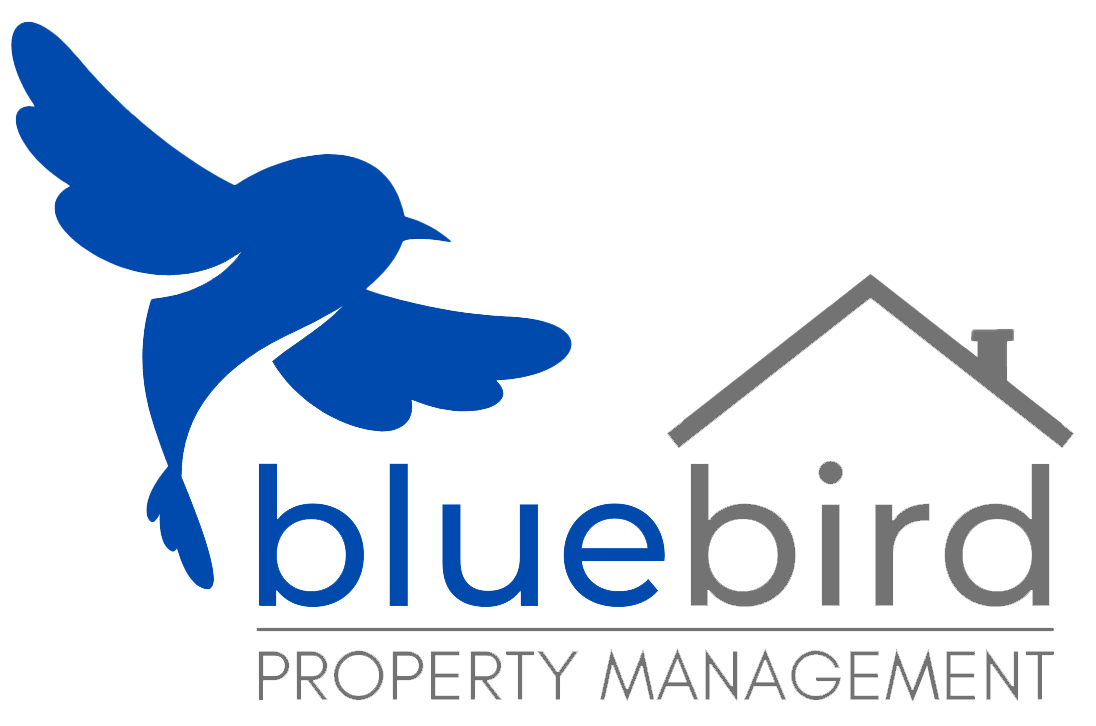May 3, 2024
When buy and hold investors consider purchasing a new investment property, cash flow or appreciation are the two most common goals. They provide two very different outcomes, which means they attract two different types of investors. Simply put and without getting too deep into complex market factors; as market conditions ebb and flow, markets become more or less suited to provide cash flow or appreciation. So let's dive into each or these concepts and discover which is most appropriate in the Boise housing market.
Cash Flow
Cash flow is defined as the amount of money generated from a rental property after all costs have been deducted, or simply put; income minus expenses. It's important to factor in ALL expenses such as mortgage payment, insurance, property tax, HOA fees, management fees, vacancies, maintenance as well as setting aside money for future capital expenditures such as a new roof, replacing windows, upgrading electrical, etc. Theoretically, cash flow should be money that you can take out of the property without ever having to put money back in, but be cautious with this approach, as there are always unexpected costs. As you may imagine, all investors are aiming for positive cash flow and it's never a good idea to invest in a property that produces a negative cash flow.
Typically, positive cash flow can be very difficult to achieve in expensive and developed markets and more probable in less expensive regions such as the mid west. In these areas the lower property prices and comparatively higher rents mean that investors can experience greater margins between there income and expenses. This was true in Boise over a decade ago but since it has become "discovered" and experienced record home price growth, cash flow has become nearly impossible. Coupled today with high interest rates, Boise investors have a tough time finding any investment opportunities that produce positive cash flow.
Appreciation
Appreciation is defined as how much the value of a property increases over time and is measure as a percentage. Appreciation can be difficult to predict as you are making assumptions about the future of the property and area it is in. However, there are certain factors which can give us clues as to what we can expect. These include; population growth, job growth, investments in the area, projected interest rates, schools, crime statistics and many more. With so many factors at play and so much unpredictability, many investors don't focus on achieving appreciation, but rather see it as an added bonus. Although, it is difficult to ignore as home prices have consistently gone up throughout history, even if this does take many years.
With Boise's tremendous home price growth, those lucky enough to own property prior to 2010 have experienced record appreciation. Some as high as 250%! Many investors believe that the Boise market is now overvalued and the local economy doesn't support the high prices. Furthermore, if anything they expect home prices will start to depreciate. One thing is clear though, the treasure valley continues to grow. Boise, Meridian and Kuna are still often mentioned in lists of the nation's fastest growing metros and the investments in the area from large corporations continue to be a regular announcement. Be sure to read our blog on Boise's Future. Others believe that as interest rates come down, home prices will once again head on an upwards trajectory. So, one needs to form there own opinion on where they see the Boise housing market going.
No Cash Flow, No Appreciation! Now What!?
Forced appreciation is used synonymously with value add and is a term that describes an investor making substantial improvements to a property, so as to increase the value of the property and the rental income it can produce. This has become a necessity in Boise to achieve the elusive positive cash flow. These improvements can range from updating a bathroom and turning an unused space into an additional bedroom, to a full remodel project that a fix and flip investor may be accustomed to. With Boise's friendly ADU regulations, many local investors are purchasing properties with the potential of this expansion (often above an existing garage). Read our blog on ADU's in Boise here. The prospect of having multiple sources of rental income on one property significantly improves the possibility of cash flow. In fact, this pattern repeats itself through economies of scale and is why many investors may start their investing journey with a single family home or duplex and then move towards larger apartment complexes over time.
The BRRRR Strategy is often used in markets where cash flowing properties are few and far between. BRRRR, which stands for Buy, Rehab, Rent, Refinance, Repeat, is a step by step process of purchasing a value add property, completing the planned improvements, renting the property out and then refinancing to new loan terms. In theory, this should work because the remodel allows you to rent the property for more than it would have rented when you bought it. Secondly, when you go to refinance, the increased value should allow you to either pull cash out or decrease your mortgage payment. This is a very big "should" though. If you attempted the BRRRR startegy in 2023, the ever increasing interest rates could have really hurt during the refinance step. There are also many other factors to consider such as holding costs, hard money lending and rehab costs. So it's best to seek advice from a seasoned investor if you are unfamiliar with the concept.
As Boise has experienced record growth, margins have been squeezed and investing in the area has become more challenging. Investors are now required to be even more creative and think outside the box to truly create a great deal and profitable investment. "Subject to" or "sub to" is the latest trend that investors are using to continue their investing journeys in a competitive and tough market. Although the Boise market with it's explosion of growth may seem exciting and fast paced, the reality of buy and hold investing is very different. The most successful investors are those that are conservative and patient. Whether you're bullish or bearish on the future of the Boise housing market, a combination of strategies, some creative thinking and a measured approach can still yield you great returns for years to come.
